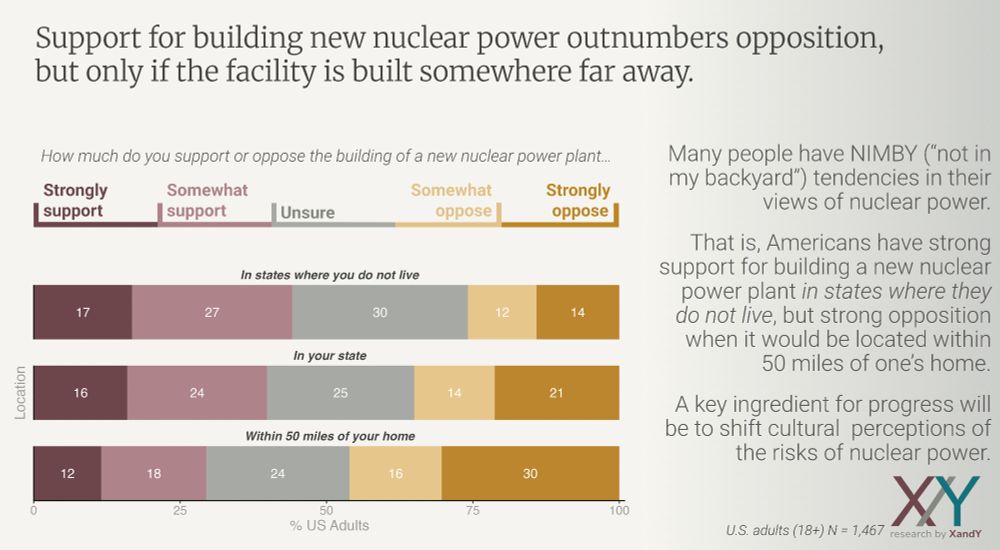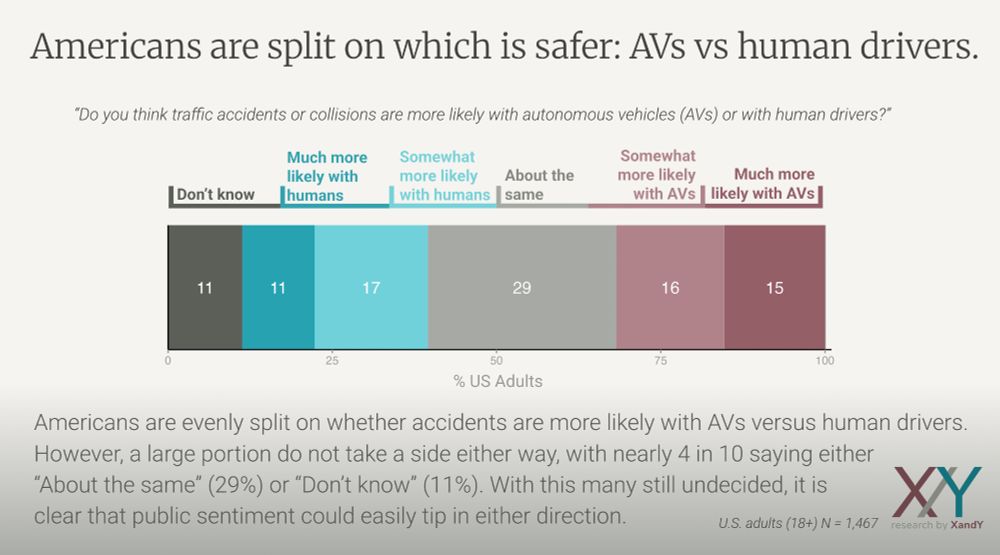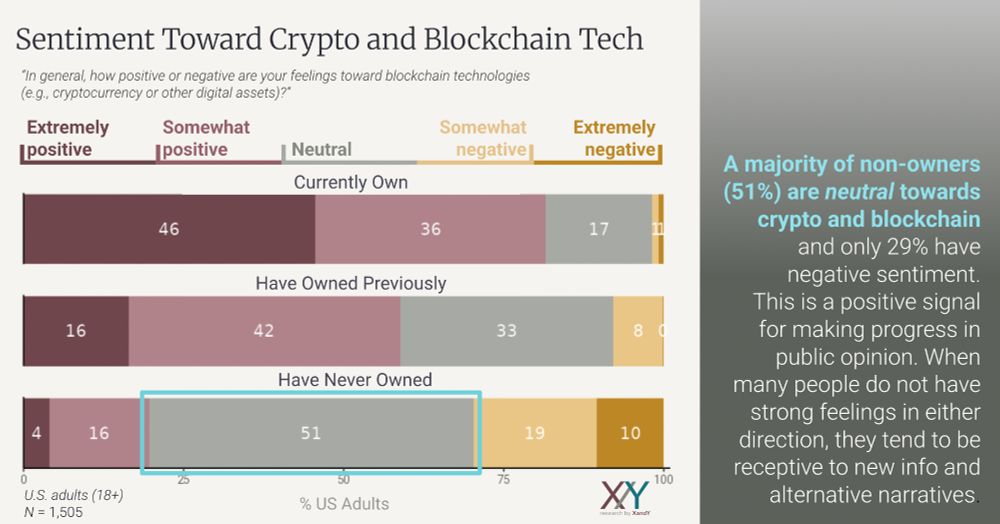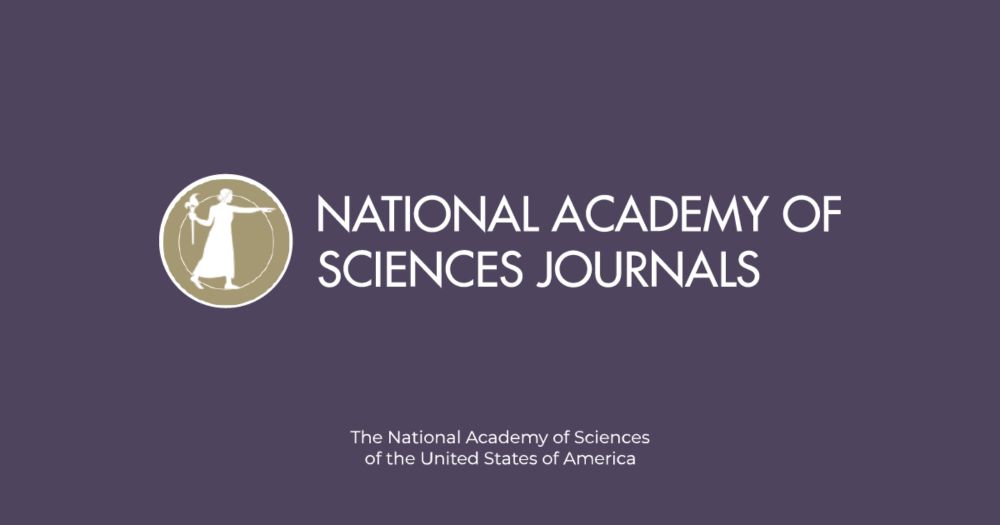Matt Goldberg
@mattgoldberg100.bsky.social
1.1K followers
810 following
130 posts
Research Scientist and Director of Experimental Research at the Yale Program on Climate Change Communication | XandY co-founder
Posts
Media
Videos
Starter Packs
Pinned
Reposted by Matt Goldberg
Reposted by Matt Goldberg
Reposted by Matt Goldberg
Reposted by Matt Goldberg
Reposted by Matt Goldberg
Reposted by Matt Goldberg
David Rand
@dgrand.bsky.social
· May 22















